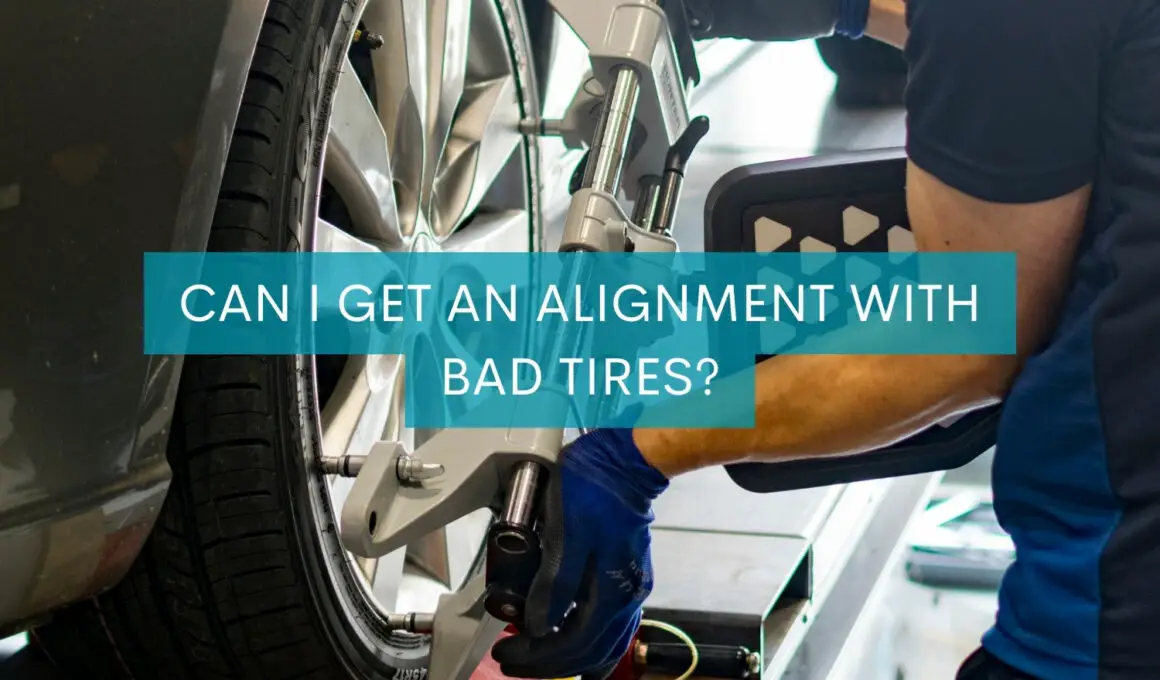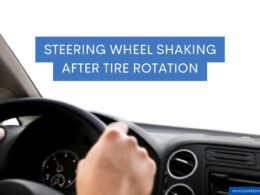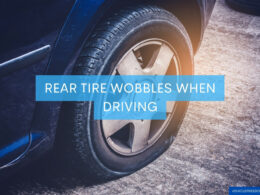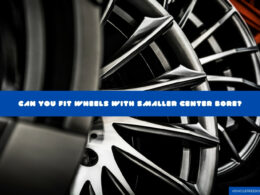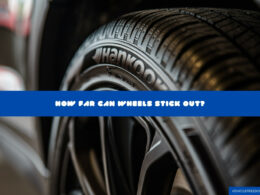In This Article Show
Have you ever wondered about the importance of car alignment, especially when your car tires seem a little worn out or damaged? You’re not alone.
A common question among car owners is, “Can I get an alignment with bad tires?” This is an important query that we will explore thoroughly in this blog.
We’ll delve into the essence of wheel alignment, the impact of bad tires on your car, and why good tires are crucial for a successful alignment process. By the end, you’ll better understand these key components in car maintenance.
Wheel Alignment Explained
Wheel alignment involves adjusting the angles of your car’s wheels so that they are perfectly parallel and perpendicular to the ground. Imagine pushing a shopping cart with a wonky wheel; not ideal, right? It’s the same with your car. When your wheels are misaligned, your car won’t behave as it should.
Why does this matter? For starters, a well-aligned car is a safer car. Proper alignment can improve car handling, making it easier to steer and ensuring your vehicle responds quickly and accurately when needed.
Additionally, it can help increase the lifespan of your tires by ensuring they wear evenly. On the other hand, misaligned wheels can cause your tires to wear out prematurely on one side – a situation that’s as bad for your wallet as it is for your safety.
In essence, wheel alignment is crucial to your car’s performance and safety, making it a vital aspect of regular car maintenance. So, where do your tires fit into all this? Let’s dive deeper into that in the next section.
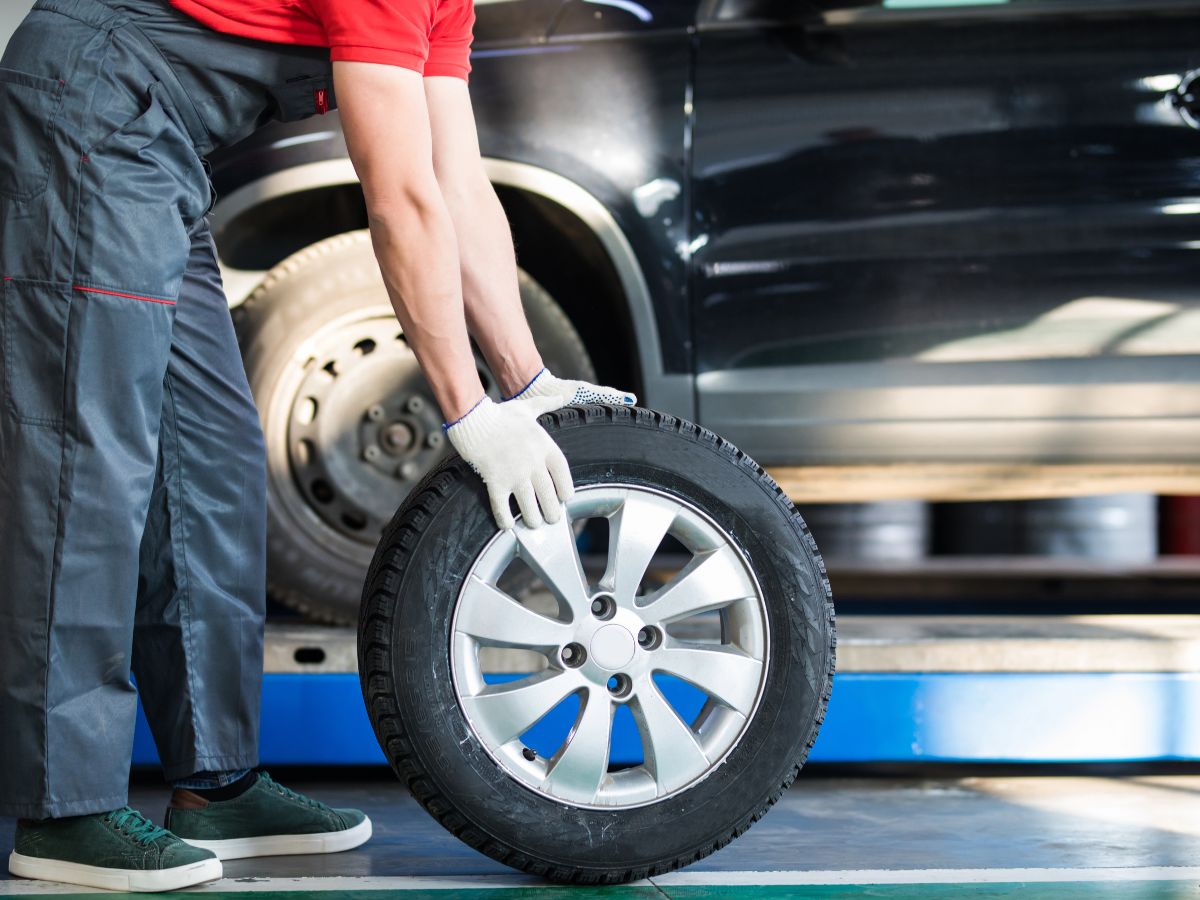
Understanding Tire Condition
As someone who has changed hundreds of tires for clients, diagnosed them, and written about wheels on this website, you’ll want to listen to what I have to say.
Let’s first define what we mean by ‘bad tires.’ When we talk about bad tires, we’re referring to tires that are worn out, have a low tread depth, or are damaged in any way.
Imagine your tires as the shoes of your car. You might find walking uncomfortable if your shoes are worn out or damaged. In the same way, bad tires can make it difficult for your car to function as it should.
Not only can they affect your car’s performance and safety, but they also impact how it handles wheel alignment.
Can You Get an Alignment with Bad Tires?
Now, to the big question: Can you get an alignment with bad tires? The short answer is yes, but it’s not recommended. Just like trying to walk a long distance with worn-out shoes, aligning your car with bad tires can lead to problems.
The key reason is this: alignment is a process that adjusts your vehicle’s suspension – the system that connects your car to its wheels.
The condition of your tires can influence this process because the mechanics use the tires to adjust the angles of the vehicle’s suspension. If the tires are worn unevenly or are damaged, it can make it difficult to get an accurate reading, leading to a potentially improper alignment.
Therefore, while it’s technically possible to get an alignment with bad tires, it’s not the best practice for maintaining your car’s performance and safety.
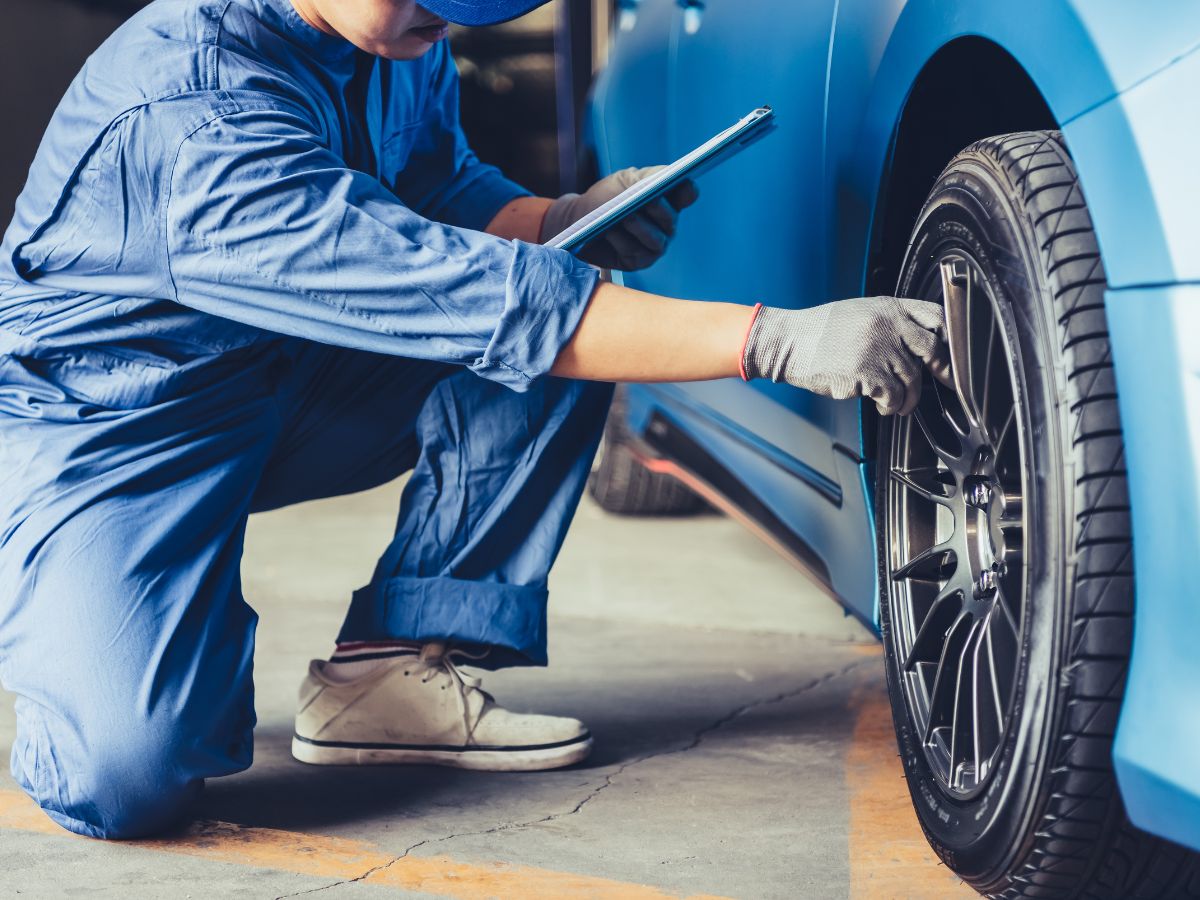
Why Aligning with Bad Tires Is A Bad Idea
The risks and effects on car performance when aligning with bad tires are significant. If you opt to go ahead with an alignment despite having worn or damaged tires, you’re essentially setting up your car for a host of potential problems.
Firstly, the alignment process may not be accurate. This is because an alignment is all about precision, and bad tires can throw off this precision by making it hard to get accurate readings. The result? Your car’s performance could be impacted negatively, with poor handling and decreased fuel efficiency being common consequences.
Secondly, you’ll probably find yourself back at the garage sooner rather than later. Why? Even after an alignment, bad tires will continue to wear unevenly due to their existing damage.
This will likely cause your wheels to become misaligned again, leading to additional costs for another alignment service.
Importance of Replacing Bad Tires Before Alignment
Given the consequences we’ve just discussed, it’s clear that replacing bad tires before an alignment is a smart move for car maintenance. By ensuring that your tires are in good condition before the alignment, you’ll be setting your car up for success in several ways.
Firstly, safety. Good tires are a vital part of a safe vehicle. They provide the grip necessary for safe handling, especially in poor weather conditions. Bad tires can compromise this grip, affecting your car’s ability to brake and turn effectively.
Secondly, cost-effectiveness. As mentioned earlier, aligning your car with bad tires could lead you back to the garage sooner than expected, incurring extra costs. By investing in good tires before an alignment, you’re likely to save money in the long run.
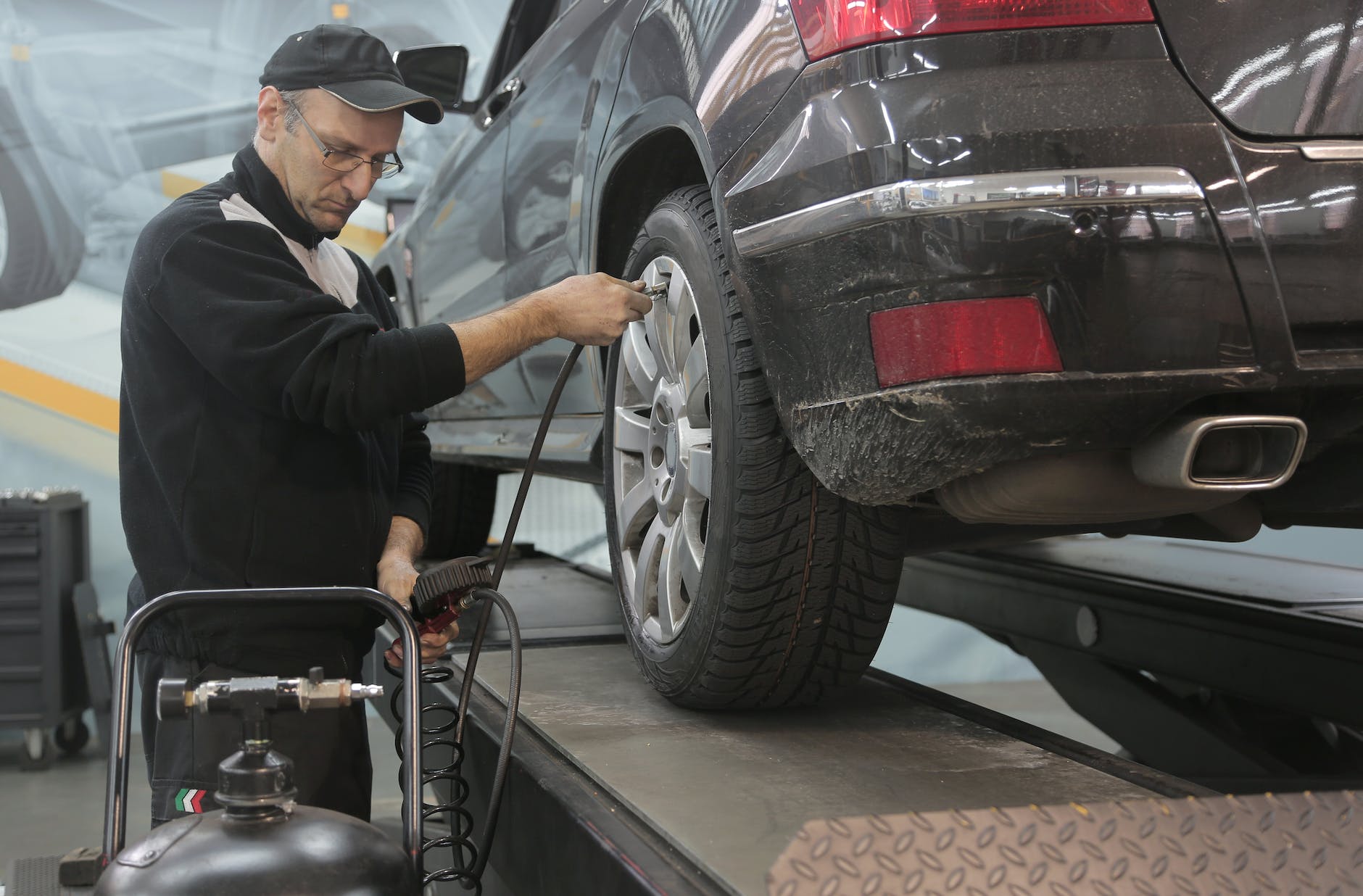
Wrapping it up
We’ve journeyed through the intricacies of tire quality, car alignment, and car maintenance. To answer the question we posed at the beginning: yes, it’s possible to get an alignment with bad tires, but it isn’t the best route to take.
Given the potential risks to safety and car performance, and considering the potential extra costs down the line, it’s clear that replacing bad tires before an alignment is a wise decision.






